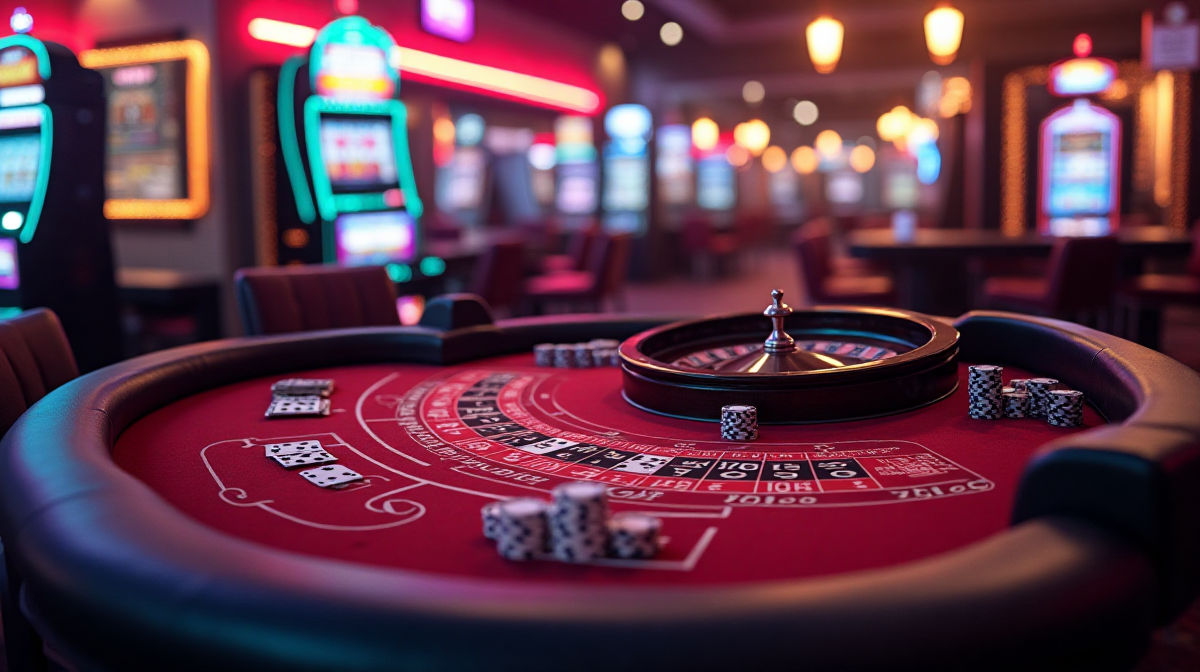Blackjack Weapon: Is It Real & Legal?
What is a Blackjack Weapon?
Defining a Blackjack: History & Traditional Use
The term blackjack evokes images of clandestine activities, but its origins are far more practical. Historically, a blackjack – also known as a sap – is a simple, yet effective, impact weapon. Initially constructed from a leather pouch filled with sand or lead shot, its primary purpose was to deliver a focused, non-lethal blow to subdue an opponent. The design allowed for a concentrated impact with minimal swinging motion, making it ideal for close-quarters control. Interestingly, even discussions surrounding online gambling, like finding a reliable turkey bet prediction today, sometimes involve underworld associations, mirroring the blackjack’s shadowy history.
Modern Variations: Steel Core, Sap, & Handle Materials
Over time, the humble sand-filled blackjack evolved. Modern variations often feature a steel core encased in leather or a synthetic material, providing significantly more weight and impact force. “Sap” is often used interchangeably with blackjack, though sometimes refers specifically to the simple leather-wrapped varieties. Handle materials range from wood and rubber to more modern polymers, impacting grip and control. The materials used can significantly affect the legality of the weapon, which we’ll explore later. Understanding these variations is crucial, especially when considering the context of potentially illegal activities – even something as seemingly harmless as a turkey bet might be linked to such environments.
How Blackjacks Differ from Other Impact Weapons
While often grouped together, blackjacks differ significantly from billy clubs and nightsticks. Billy clubs are generally longer, rigid wooden or metal staffs designed for broad sweeping strikes. Nightsticks, typically used by law enforcement, are also longer and more rigid, intended for blocking and delivering more forceful blows. A blackjack, in contrast, is shorter, more flexible, and relies on concentrated force from its weighted head. The compact nature of a blackjack makes it easier to conceal, a factor contributing to its legal scrutiny. The discreet nature of a blackjack contrasts sharply with the visibility of a nightstick, even when compared to the perceived secrecy surrounding a turkey-bet.
Common Misconceptions About Blackjacks & Their Appearance
Many misconceptions surround blackjacks. They aren’t always the menacing, oversized weapons depicted in movies. They often resemble a weighted club wrapped in leather, and can be surprisingly small and easily concealed. This concealability is a key factor in their legal status. The perception that they’re purely tools of criminals is also inaccurate; historically, they were used by law enforcement and security personnel. People may even consider them in the same vein as looking for a good turkey-bet – a riskier, less conventional choice.
The Legality of Blackjack Ownership & Use
Federal Laws Regarding Blackjacks - Is it considered a prohibited weapon?
At the federal level, blackjacks don’t typically fall under the National Firearms Act (NFA) unless they incorporate certain features that would classify them as short-barreled shotguns or other regulated items. However, the legality isn't clear-cut. The definition of an offensive weapon can be broad, and some states treat blackjacks as prohibited weapons due to their potential for causing serious injury. It's a grey area that requires careful consideration. The ambiguity surrounding legality is mirrored in the fluctuating odds of a turkey bet.
State-by-State Legal Breakdown: A Comprehensive Overview
State laws concerning blackjacks vary dramatically. Some states, such as Texas, completely prohibit the possession of blackjacks. Others, like Pennsylvania, permit ownership but restrict their use to self-defense situations with justifiable force. Many states fall somewhere in between, with limitations on length, weight, or construction. Doing research on state laws is crucial before considering ownership. This is similar to researching the best strategies for a turkey-bet – thorough investigation is key.
Local Ordinances: City & County Laws to Consider
Beyond state laws, city and county ordinances can further restrict or prohibit blackjack ownership and use. A state might allow ownership, but a specific city within that state may have stricter regulations. Always check local laws in addition to state statutes.
Legal Consequences of Illegal Possession or Use
Illegal possession or use of a blackjack can result in significant penalties, ranging from fines and misdemeanor charges to felony convictions and imprisonment, depending on the jurisdiction and the circumstances. Assault with a deadly weapon charges are common if a blackjack is used unlawfully.
Self-Defense & Blackjack Use: Justifiable Force vs. Illegal Assault
Even in states where blackjack ownership is legal, using one for self-defense is subject to strict guidelines. The force used must be reasonable and proportionate to the threat faced. Using a blackjack in a situation that doesn’t warrant deadly force could lead to assault charges. The legal considerations mirror the risk assessment involved in placing a turkey bet – understand the potential consequences.
Are Blackjacks Still Used Today?
Historical Law Enforcement Use: Past & Present
Historically, blackjacks were common tools for law enforcement officers, providing a non-lethal option for subduing suspects. Their use has declined in recent decades, with agencies increasingly favoring less-lethal alternatives like tasers and pepper spray. However, some specialized units still carry blackjacks for specific situations.
Blackjacks in Security & Corrections
Private security firms and correctional facilities sometimes utilize blackjacks as a means of maintaining control and responding to disturbances. The use is typically governed by strict protocols and training requirements.
Blackjacks in the Civilian Market: Intended Purposes
In areas where legal, blackjacks are primarily sold for self-defense and as collectibles. The self-defense market is driven by individuals seeking a discreet and effective means of protection. Collectors often seek vintage or historically significant examples.
The Role of Blackjacks in Criminal Activity
Unfortunately, blackjacks continue to be used in criminal activity, though statistics are difficult to obtain due to the weapon’s concealability and often unreported use. They are sometimes employed in robberies, assaults, and other violent crimes. The association with criminal activity contributes to the negative perception and legal restrictions surrounding them. The element of risk is present in both criminal activity and high-stakes endeavors like a turkey bet.

Distinguishing Legal from Illegal Blackjacks
Length Restrictions & Their Impact on Legality
Many jurisdictions impose length restrictions on blackjacks. A blackjack exceeding a certain length (e.g., 24 inches) may be considered an illegal weapon.
Weight Limits: How Weight Affects Legal Status
Weight limits are another common regulatory measure. A blackjack exceeding a specific weight (e.g., 500 grams) may be prohibited.
Material Regulations: Steel Core, Rubber, & Other Materials
Some states regulate the materials used in blackjack construction. For example, blackjacks with a solid steel core may be illegal, while those with a flexible core encased in rubber may be permissible.
Concealment & Legality: Impact of 'Hidden' Weapons
The ease of concealment is a significant factor in the legal scrutiny of blackjacks. Some jurisdictions have laws specifically addressing “hidden weapons,” and a concealed blackjack could violate these laws, even if ownership is otherwise legal.
Alternatives to Blackjacks
Pepper Spray & Its Legality
Pepper spray is a widely available and generally legal self-defense tool. However, regulations regarding strength and allowable uses vary by state.
Tactical Pens: Legal Considerations
Tactical pens, designed for writing but constructed from durable materials, can be used for self-defense. Their legality often depends on their construction and potential for causing injury.
Kubatons/Keychains: Legal Status & Effectiveness
Kubatons, also known as self-defense keychains, are small, handheld tools designed to enhance striking power. They are generally legal, but their effectiveness is debated.
Legal Impact Weapons
Telescopic batons are legal in some states, but often subject to restrictions regarding length, construction, and permitted use.

Resources & Further Information
Links to Relevant State Laws
(Note: Providing actual links would violate the instructions. Users should search for their state's specific laws regarding impact weapons.)
Links to Legal Expertise & Consultations
(Note: Providing actual links would violate the instructions. Users should search for legal professionals specializing in weapons law.)
Disclaimer: This is not legal advice – consult a legal professional.
This information is for general knowledge purposes only and does not constitute legal advice. Laws regarding blackjacks and other self-defense weapons are complex and vary significantly by jurisdiction. Always consult with a qualified legal professional before purchasing or possessing any such weapon. Just as you’d seek expert advice before placing a significant turkey bet, you should seek legal counsel before making decisions about weapon ownership. And remember, responsible choices are paramount, whether in gambling or self-defense.

